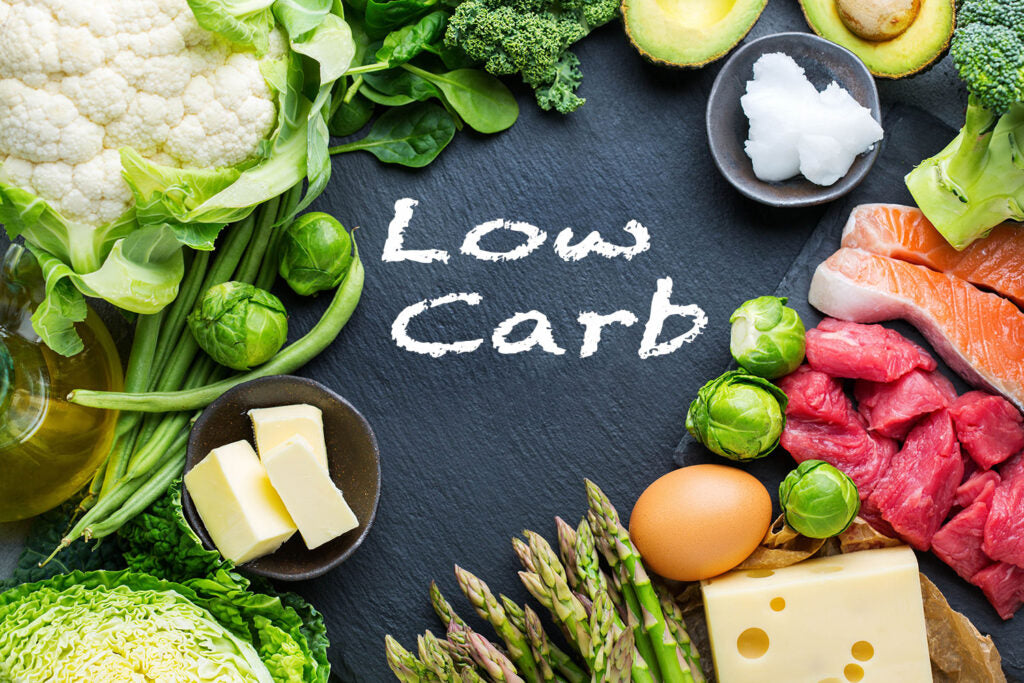
Vegetarianism
A widely used term to expand across any diet that limits or excludes the products of other animals. This can range from semi-vegetarian diets which may include fish or only the ever occasional meat, all the way to completely excluding any product or by-products of an animal, more commonly known as the Vegan diet.
The vegetarian style diets have been incorporated in to many moral belief structures and religious ideologies, it is also sometimes taken up under the premise of ethics and environmental benefits. You may even find extreme fundamentalists that will actively protest the slaughter of livestock, each with there own standards of cruelty.
Another reason of course is health, a diet high in vegetables, fruits and berries can be incredibly beneficial to the body as it incorporates a full range of vitamins and minerals often neglected in a standard diet. Though this is not without it's own risks, a lack of proteins or calcium for example unless a the necessary plant's and vegetation are eaten and there have been links to a deficiency of vitamin B12. However on whole the vegetarian diet, if not a little expensive when followed devoutly, has been argued to be both ethically and beneficially better than most diet's by those that advocate it.
Even within this culture, there are those that argue how far a person should take the idea, some supporting the total removal of all animal based products while others allow meat for scientific, cultural or religious reasons and still be predominantly vegetarian.
- Vegan - Those that will avoid any and all products that contain animal or have been the bi-product of an animal, including dairy and foods containing gelatin.
- Lacto Vegetarianism & Ovo-Lactose Vegetarianism - A vegetarian that will accept dairy products into their diet for health of ethical reasons.
- The Semi or Flexitarian - A loose definition for a primarily vegetarian diet that will include the occasional meat.
- The Kangatarian - Originating from Australia, this vegetarian diet will also include the consumption of Kangaroo meat, often due to economical reasons.
- Pescetarianism - The inclusion of seafood or any fish into the diet while still abstaining from other meats.
- Plant-based Diets - These by definition are vegetarian diets however they also allow for the individuals to choose if they want the occasional meat.
All varieties falling under the same umbrella and each with their own take. Some have been adopted into religious doctrine while others have been the bases for ethical movements against the consumption of animals or products of animals e.g. Gelatin.
Vegetarianism based of ethics having become more common over the years is down to the nature of factory-farming. With what could be described as a larger degradation to the livestock, industry and the need for faster production are in constant ethical debate over what is constituted as morally unacceptable, under constant change to supply a growing demand, by the public.
It is wise to remember that there have been recorded (lactose-)vegetarians since 5th century B.C, from ancient Greece and India, based around the belief of being non-violent or non-harmful to other animals. It has become a largely accepted diet that can fulfil all the body's requirements (when monitored) for nutrients and vitamins and with a correctly scripted, medically backed plan, a person can gather all their needs from plant-based food alone.
The diet is not without its flaws and does not consider long term change, also because of the severe reduction in nutrients, it is highly recommended that a medically revised list of nutritional supplements is obtained from your Doctor.


